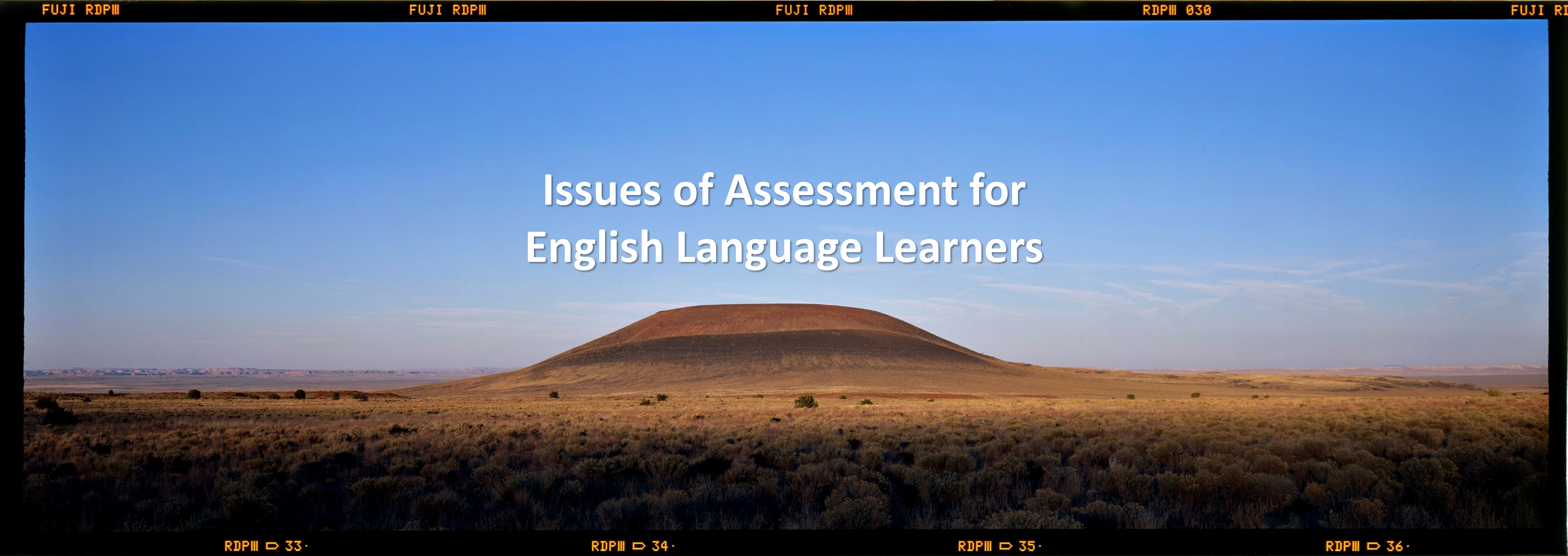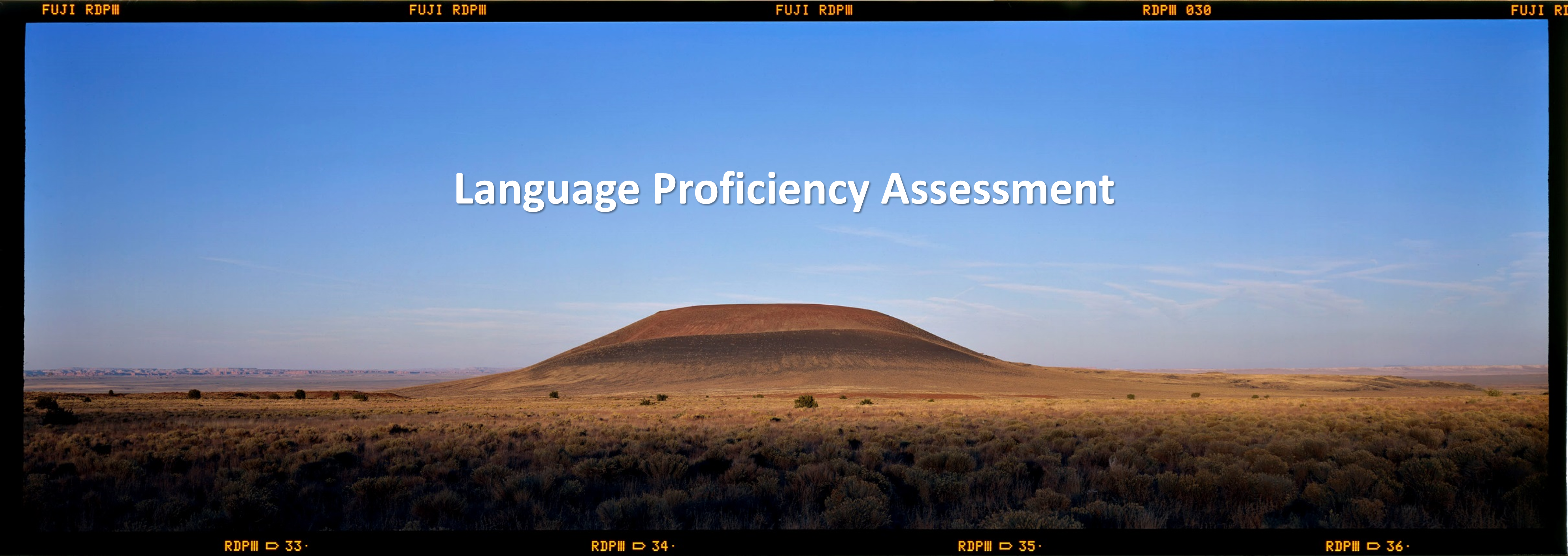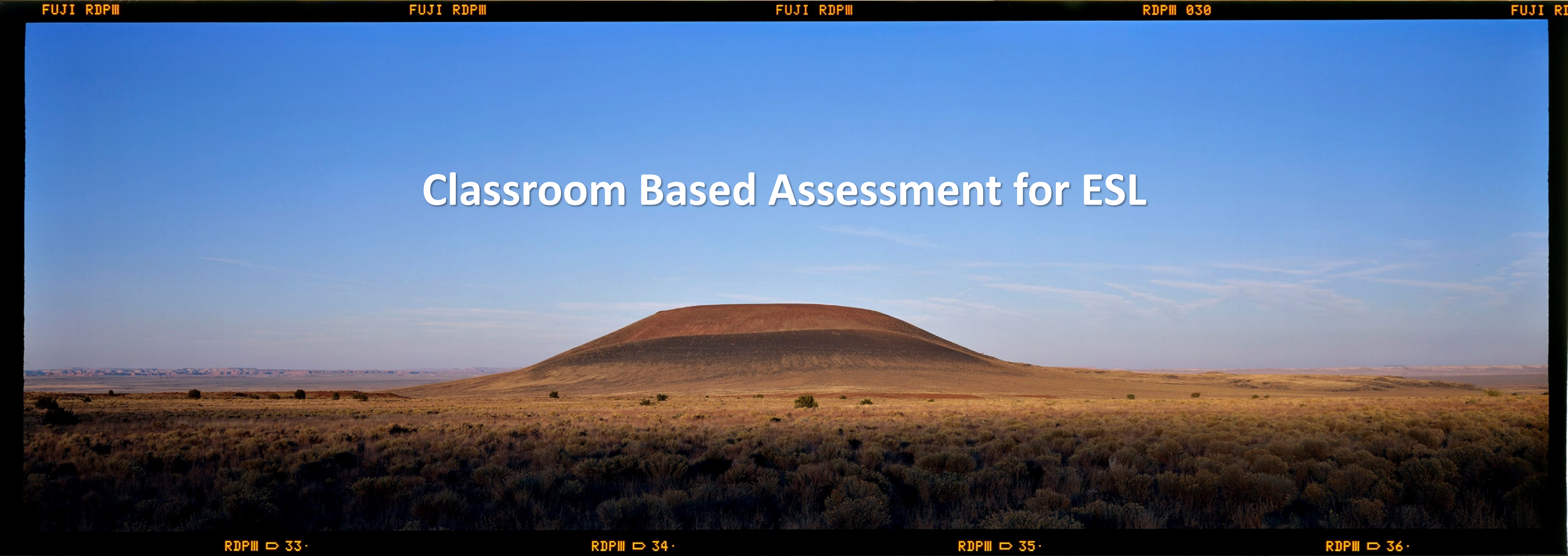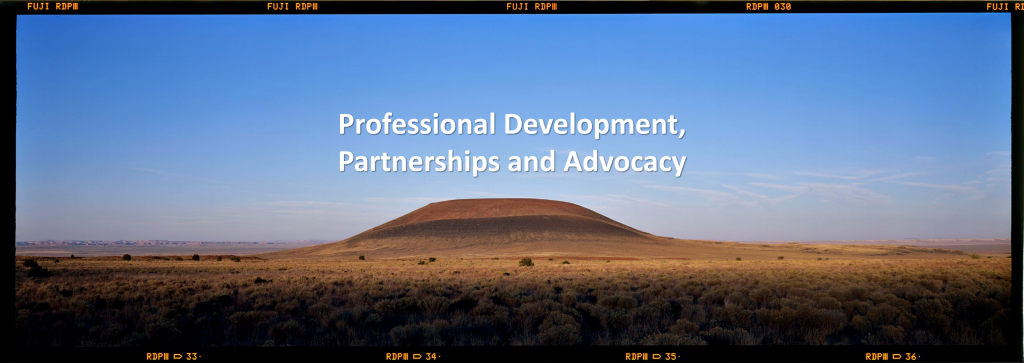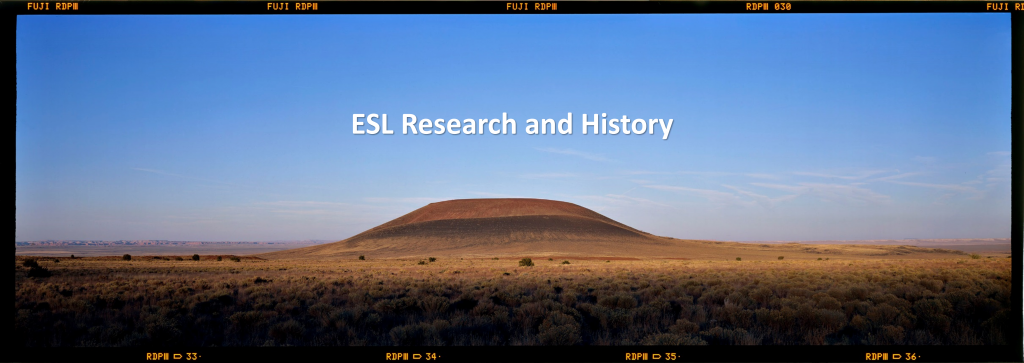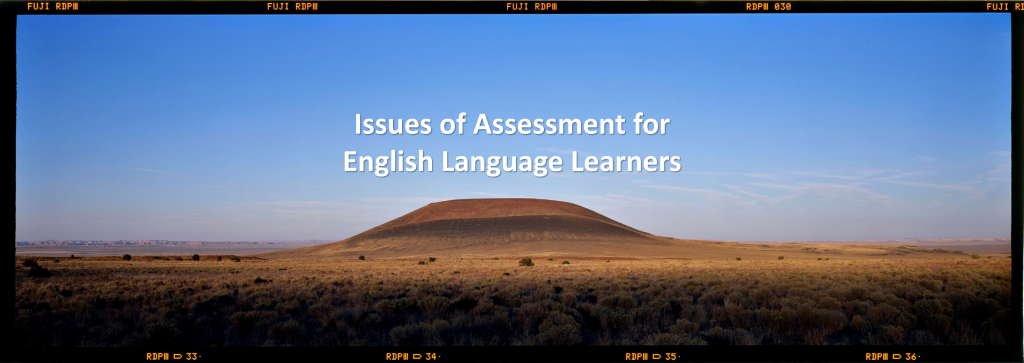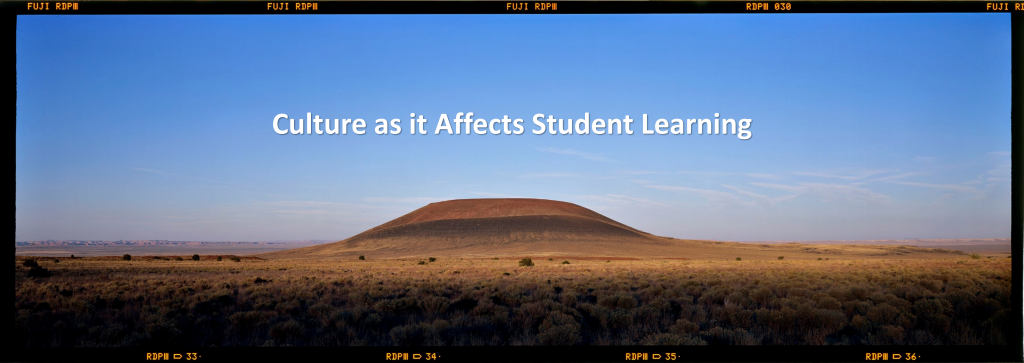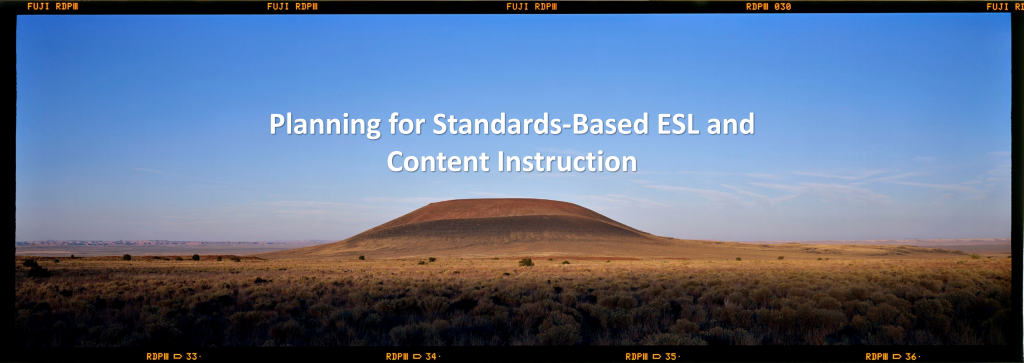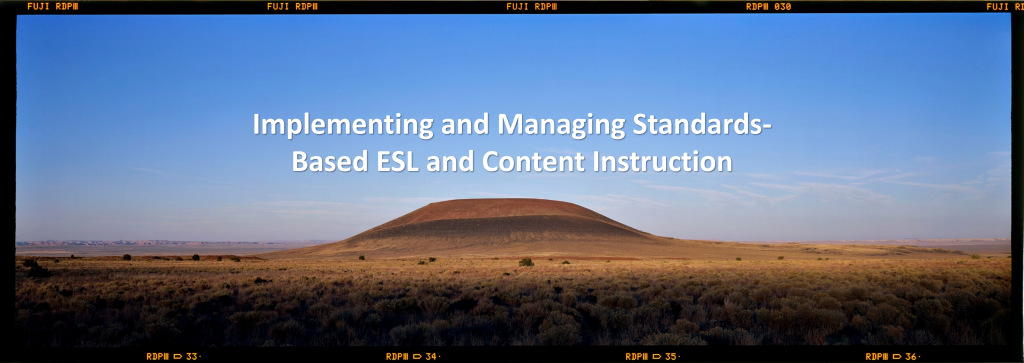Standard 4A: Issues of Assessment for English Language Learners
The artifact I chose for Standard 4A is a paper that I wrote for ESC 761: Teaching English as a Second Language. This paper demonstrates my understanding of the bias that surrounds high-stakes standardized tests for bilingual children.
There are certain aspects of the paper that expose my inexperience at the time of my writing it. Through graduate school and professional developments, I learned new information that disputes particular points that I made.
One line in particular stands out to me, “…passages in the test are based on science and social studies. It is prudent… to prepare for the test with similar passages… ELLs grow accustomed to making meaning of content-specific vocabulary in science and social studies passages” (4).
I have since come to realize that ELLs need a certain amount of background knowledge before they are able to make meaning of content specific words. This statement is accurate only if the content of the test happens to be something that was covered in the test prep program or in another class.
This is an important point and it touches on the bias of standardized tests like the New York State ELA exam. A student who grew up in the United States has the background knowledge necessary to adequately decipher a complex, grade-level text about the United States Civil War. An ELL who moves to the United States from the Dominican Republic in fifth grade does not have this same background knowledge. This creates bias in the test. Generally, standardized tests are geared toward English speaking American educated children.
I missed this point in my paper because I was focused on the stamina it takes for an ELL to get through the months of April and May. This is still a valid point. The sheer amount of tests that my ELLs take would intimidate and most likely break the spirit of most adults. The NYSESLAT is an extra burden that takes place before, during and after the ELA exam, Math exam, MOSL exams for science and social studies, and end of the year assessments.
This is an area that I am still exploring professionally. I have questions about the validity and fairness of standardized tests. We need data on our students, but is this the best way to do it? I cannot honestly say that I have thought of an alternative. All I know is that it certainly does not feel right, or fair, or even accurate to test language acquisition amid this onslaught of other exams. The best I can do is prepare my ELLs as much as possible in the time that I have. Unfortunately, my time this year is up.

